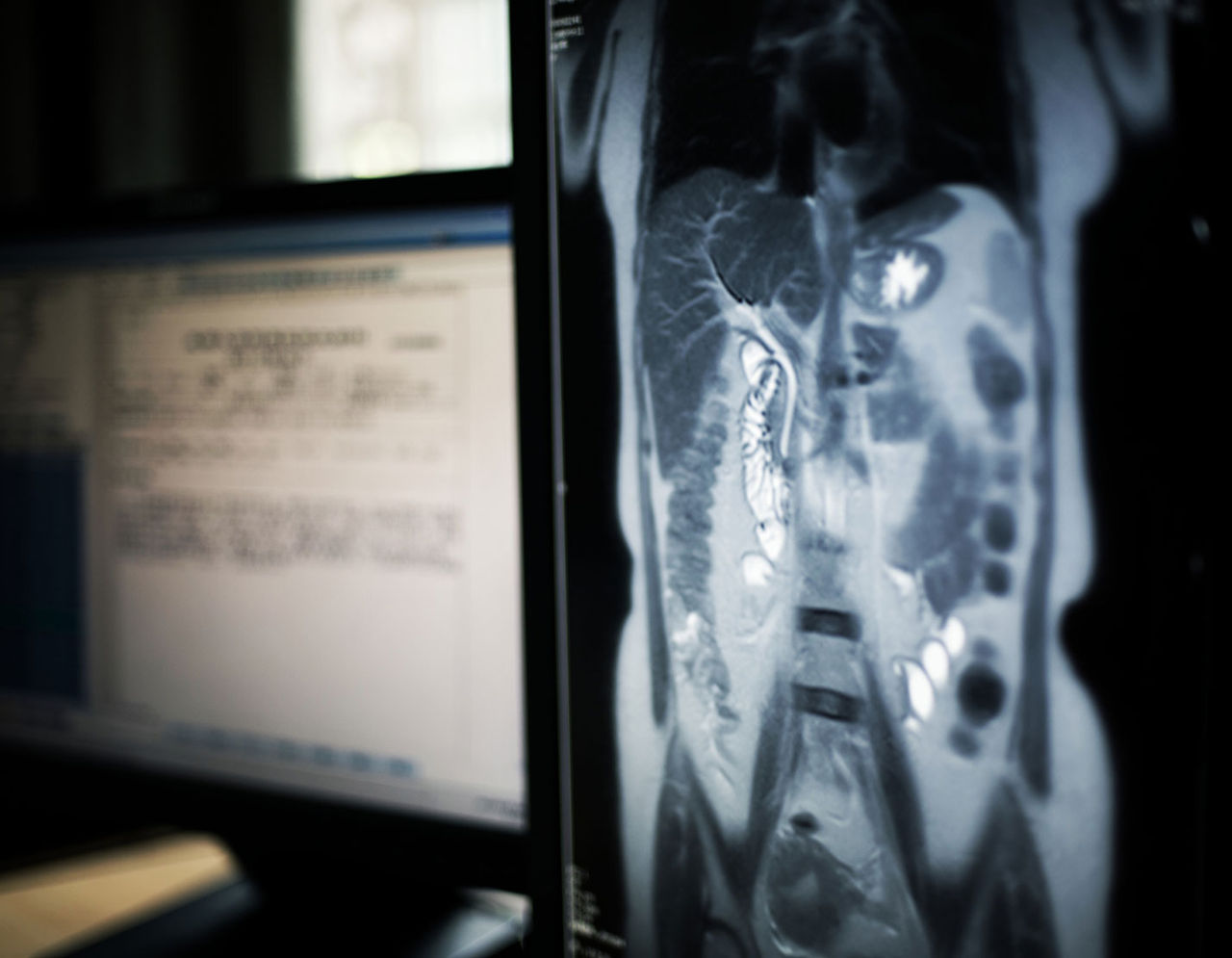Bile Duct Cancer: Causes, Symptoms, Diagnosis, and Treatment Options
What Is Bile Duct Cancer, and Why Is It Important to Know About?
Bile duct cancer, medically known as cholangiocarcinoma, is a rare but serious form of cancer that affects the bile ducts, which play a crucial role in the body’s digestive system.
These ducts carry bile—a fluid made by the liver that helps digest fats—from the liver to the gallbladder and the small intestine. Bile duct cancer can develop anywhere along this network, causing a range of health problems.
It’s essential to know about this disease because, although it’s not common, it’s challenging to diagnose and often discovered only in later stages when treatment becomes difficult.
This guide will walk you through the basics, from understanding the causes and symptoms to exploring diagnosis, treatment options, and ways to reduce your risk.
How Does Bile Duct Cancer Develop?
Cancer in the bile ducts can be triggered by various factors, but it generally starts when cells in the bile duct begin to grow abnormally and uncontrollably. This abnormal growth can be influenced by several factors, including:
- Chronic Inflammation: Long-standing liver conditions like hepatitis or cirrhosis may lead to inflammation that damages bile ducts over time.
- Genetics: Some people may have a genetic predisposition, or inherited changes, that make them more likely to develop bile duct cancer.
- Environmental Factors: Exposure to toxins or chemicals, sometimes found in certain industries, may increase the risk.
Understanding these causes is crucial as it helps in identifying who might be at higher risk and may benefit from regular screenings.
What Are the Symptoms of Bile Duct Cancer?
One of the most challenging aspects of bile duct cancer is that it often has no symptoms in the early stages, which makes it harder to detect. When symptoms do appear, they may include:
- Jaundice: Yellowing of the skin and eyes, due to bile buildup in the body.
- Abdominal Pain: Particularly in the upper right side of the abdomen.
- Unintended Weight Loss: Losing weight without trying.
- Fatigue: Feeling tired all the time.
- Fever: Sometimes accompanied by chills.
- Itchy Skin: Caused by bile salts accumulating in the skin.
If you or someone you know experiences any of these symptoms, particularly jaundice, it’s crucial to consult a healthcare provider. Early detection is often a key factor in effective treatment.
How Is Bile Duct Cancer Diagnosed?
To confirm a diagnosis, doctors may use a variety of tests and procedures. Diagnosis typically starts with a thorough medical history and physical examination, followed by specific tests like:
Imaging Tests: CT scans, MRI, and ultrasound can provide detailed images of the bile ducts.
Blood Tests: These tests help assess liver function and check for markers associated with cancer.
Biopsy: A tissue sample from the bile duct may be taken and examined under a microscope for cancer cells.
With these diagnostic tools, healthcare providers can often determine the stage of the cancer, which is essential for deciding on the best treatment approach.
What Are the Treatment Options for Bile Duct Cancer?
Treatment for bile duct cancer depends on factors like the stage and location of the cancer, as well as the patient’s overall health. Here are the primary treatment options:
- Surgery: Surgery is often the preferred option if the cancer is detected early and is localized. Procedures might include removing part of the bile duct or, in some cases, part of the liver.
- Radiation Therapy: High-energy rays are used to target and destroy cancer cells. Radiation may be used alone or alongside surgery.
- Chemotherapy: Medication that kills or slows the growth of cancer cells. Chemotherapy is often recommended when surgery alone may not be enough.
- Targeted Therapy: For some patients, medications that target specific abnormalities in cancer cells can be effective.
In recent years, immunotherapy has also emerged as an option for some types of bile duct cancer, though it’s still being studied extensively to understand its effectiveness.
Are There Ways to Prevent Bile Duct Cancer?
While there’s no surefire way to prevent bile duct cancer, some lifestyle adjustments can help lower your risk:
- Maintain Liver Health: Avoiding alcohol, preventing hepatitis, and managing liver diseases can reduce the risk of bile duct issues.
- Exercise and Diet: Regular physical activity and a diet rich in fruits, vegetables, and whole grains can support liver function and overall health.
- Avoid Exposure to Toxins: If your work exposes you to harmful chemicals, taking protective measures is crucial.
Can Bile Duct Cancer Be Cured?
If caught early, bile duct cancer can sometimes be cured with surgery and follow-up treatment. However, due to its complexity and location, it’s often challenging to treat, especially in later stages.
That’s why early detection and treatment are vital. It’s recommended to discuss with your doctor about regular screenings, especially if you have a family history or existing liver issues.
Why Do You Have a Headache on Left Side of Head? Causes, Symptoms, and Effective Solutions
Final Thoughts
Bile duct cancer may be rare, but awareness about its risks, symptoms, and treatment options can make a difference in early detection and potentially save lives.
Knowing the signs, being proactive about health, and getting regular check-ups can be valuable steps in preventing or managing bile duct cancer.
Remember, always consult with a healthcare professional if you have any concerns about your liver or bile duct health.
This article aims to provide a helpful overview, but only a medical professional can provide personalized advice based on your individual health needs.
Disclaimer: The information given in this article is only intended to bring awareness about diseases and health related problems and its Solutions. It is not a substitute for any qualified medical opinion. Therefore, readers are advised not to try any medicine, treatment or prescription on their own, but to take the advice of an expert or doctor related to that medical condition.
